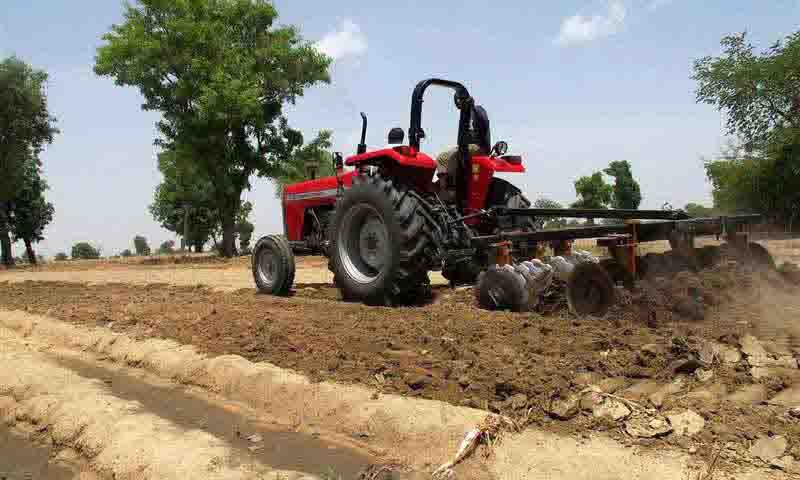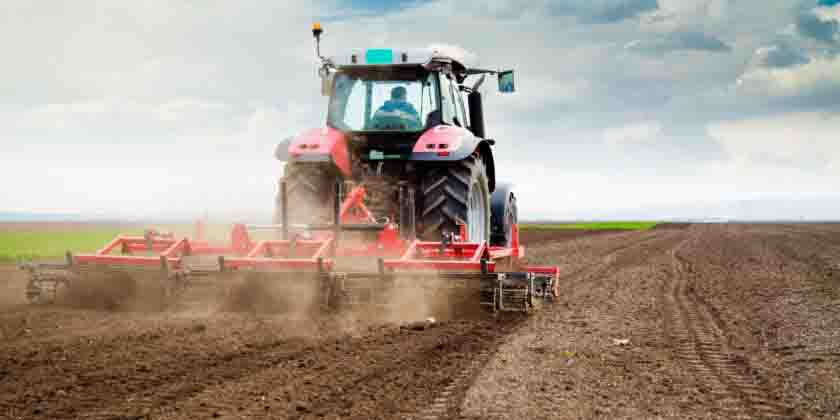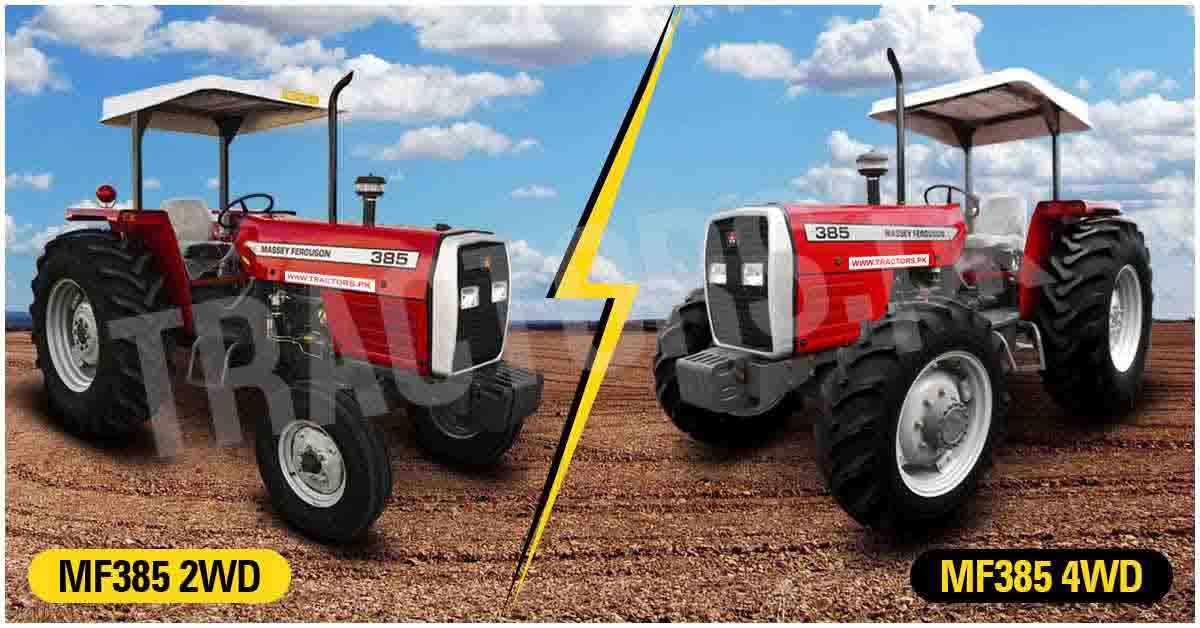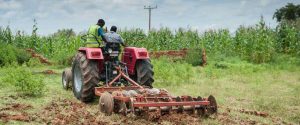Mechanized Farming is a mechanical process of agriculture farming with the help of powered machines such as tractors, trucks, combine harvester, and implements. It helps makes quickly executing tasks in a few minutes with extreme efficiency and ease of labor operation. 
Which animals are used for Ploughing?
Gone are the days when there were oxen carts used for ploughing on a large area of agriculture field which were to require extensive and exhaustive human labor for pulling carts forcefully all around the field. It was a 2-door bullock cart tied up with draught animals used for dragging on the field area.
How does modern machines make farming easy?
By the advent of the industrial revolution, manual farming was rapidly transformed into modern mechanized farming which is truly considered the future of agriculture farming. The latest technological era of today provides many easy and refined ways of mechanized agriculture farming with high powered compact tractors and harvesting machines for ease of farmers.
Pros and Cons of mechanized farming
The following are some of the Pros and Cons of mechanized farming for a better understanding of readers:
Benefits of Mechanized Farming
Enhanced Land Cultivation
The first and foremost benefit of mechanized farming is the enhancement of land cultivation with easy fertilization of barren soil. Modern farming equipment like tractors and harvesting machines are employed to easily cultivate a larger area of agricultural land with productive results.
Time-Saving
Time-Saving is another valuable advantage of mechanized farming as this mechanical method of agriculture farming saves a lot of time which can be utilized in many other useful farming activities.
Cost of Saving
The Modern Use of mechanized farming has drastically reduced the cost of production with more revenue income for farmers. It helps enhances the level of quality of production with more productive yields and efficient farming operations.
Task Efficiency
Mechanized Farming has provided a lot of efficiency in executing tasks much faster in less period of time. It has increased soil productivity with more areas of land cultivation for farmers with effective results.
Irrigation and Transportation Facilities
The irrigation system has much improved now by means of tube wells for releasing water through proper channels of irrigated canals and eliminated water logging issues. Moreover, it has provided ease of transportation in carrying goods from a single place to another by means of tractors with other implements attachments.
Drawbacks of Mechanized Farming
Redundancy Of Labor
The biggest drawback of mechanized farming is that it has provided redundancy in labor jobs by taking over all manual tasks by transforming them with machine-operated tasks execution. There is a huge increasing rate of agricultural unemployment in many underdeveloped countries of the world which is becoming a serious cause of poverty.
Higher Cost of Machinery
Modern Machinery is much high priced which are beyond the reach of poor farmers to buy them due to which cost of production is also increased. Some other issues are the unavailability of skilled labor who has proper technical knowledge about operating this advanced farming machinery. Mechanized Farming has more advantages than disadvantages as it provides relief to farmers with ease and efficiency in performing farming chores in a much faster way with an increase of soil productivity and rising income for farmers for a better way of living.




